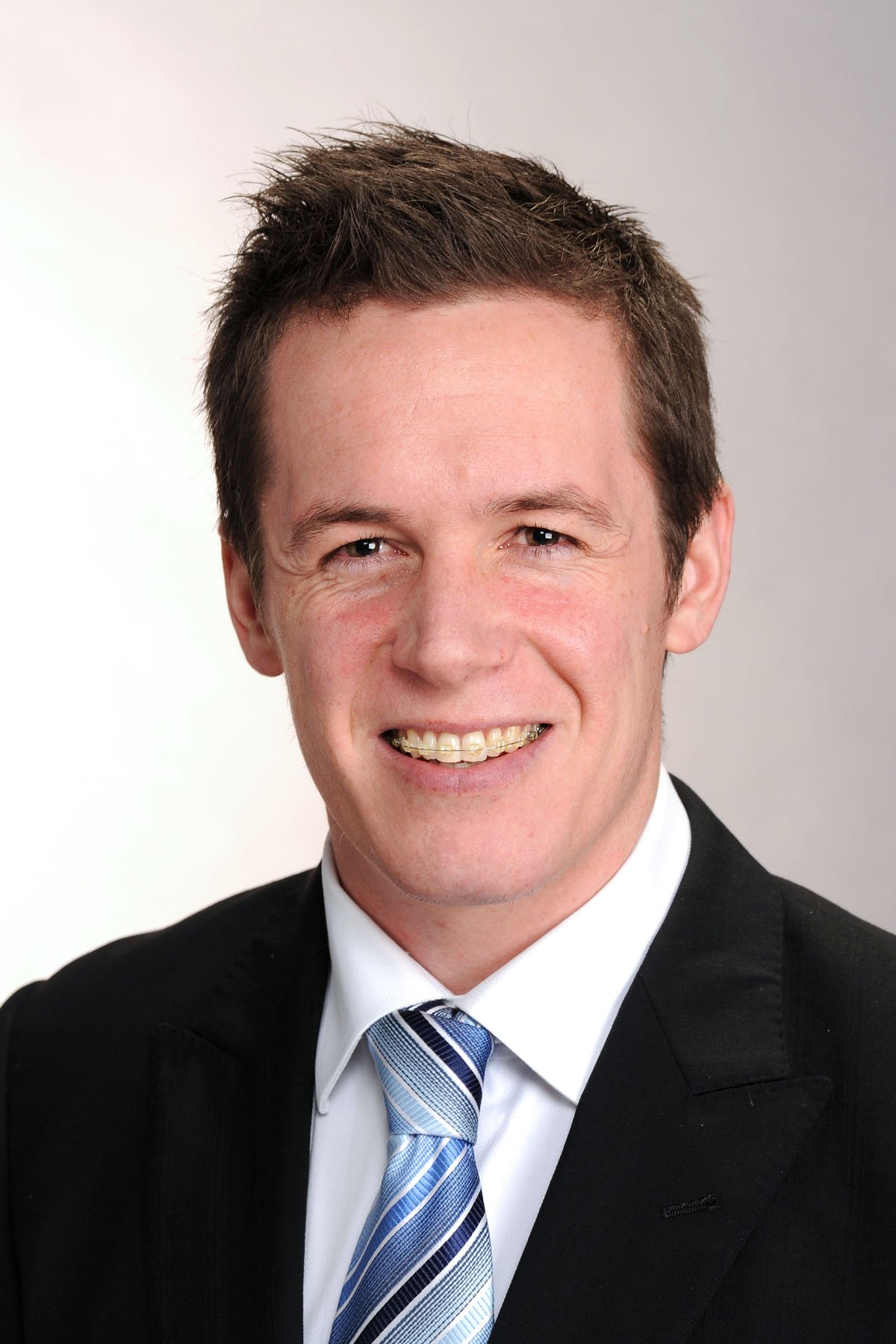
Twenty years later, Mr Calder hoped to provide other students with an opportunity to invest in their flat, like he did, through launching a student property investment fund to buy shares in his company Prime Campus.
Founded in his student days and originally focused on Dunedin, Prime Campus made long-term investments in multi-bedroom houses in popular student areas.
Its mission was to provide a flatting experience that students loved, using technology specifically developed to automate co-ordination between student tenants, local property managers, tradespeople and suppliers to improve tenant support.
Brought up on a farm in the Bay of Plenty, Mr Calder headed south in 2002 for tertiary studies, drawn to the University of Otago by its rugby and student culture.
After buying his first property in North East Valley in his first year, for $87,000, he signed up a group of friends to flat with him the following year.
The rate included power, internet, telephone, furnishings and food, as he wanted to afford to create a nice home out of a "cold old student flat".
That strategy worked so well that the flat qualified the following year as a suitable homestay for international students from the Otago Language Centre.
His rugby coach and local businessman, Peter Taylor, introduced him to large-scale student property developers John Farry and Tony Clear.
Mr Calder ran their new student accommodation complex, Willowbank Quarter, in the former Wilson's Whisky distillery which, at that time, was head-leased to the University Flats Office for international exchange students.
He worked for Mr Farry and Mr Clear for six and a-half years, eventually taking on all their student flats in Dunedin and a fledgling self-storage company called EzyStor, and the aspiring property investor learned a lot.
After completing his studies, which included a commerce degree, master of entrepreneurship and a master of business administration, he flew to Europe to do his OE and follow his German girlfriend, now wife.
Over the next 10 years, he gained international experience in the financial services industry.
Now living in Germany, the goal was to travel back and forth between New Zealand and Germany, but they had been stuck in Germany for a prolonged period due to Covid-19.
Mr Calder had been talking about his latest venture for about six years. He found it fascinating there was such a gap between a standard student flatting experience and a good experience.
He had a great student experience and wanted that for others.
A lot happened in a short amount of time; they were there for university and to create friendships and connections, not initially to learn how to live — life skills could be picked up — and all those things could be quite a distraction.
Prime Campus’ target market was first-year flatting students who could be provided with "all that stuff to make it much easier for them".
Many of the flats were owned by "Mom and Pop investors" and there were not real incentives to spend more money on student flats. He was keen to create a fund which was able to source money from a wider range of investors; the goal would be to eventually get to institutional investors.
Student flats were a strong asset class which was recession proof and, he believed it was an attractive form of investment. He did not know how the market would react to the launch, saying it was nerve-racking, but he was also excited about it.
The existing real estate of Prime Campus’ property portfolio had a current market value of $7.79 million, comprising nine dwellings with a total of 38 bedrooms.
The primary goal of Prime Campus was to deliver investors sustainable capital appreciation over time. The secondary goal is to improve the quality and experience of student flatting.
The purpose of the offer was to raise $2 million capital to enable Prime Campus to take advantage of favourable acquisition opportunities. There are 4,878,049 shares on offer, at an ordinary share issue price of 41c, and the offer closes on December 13.
By that stage, Mr Calder hoped the goal target of $500,000 would have been achieved.












